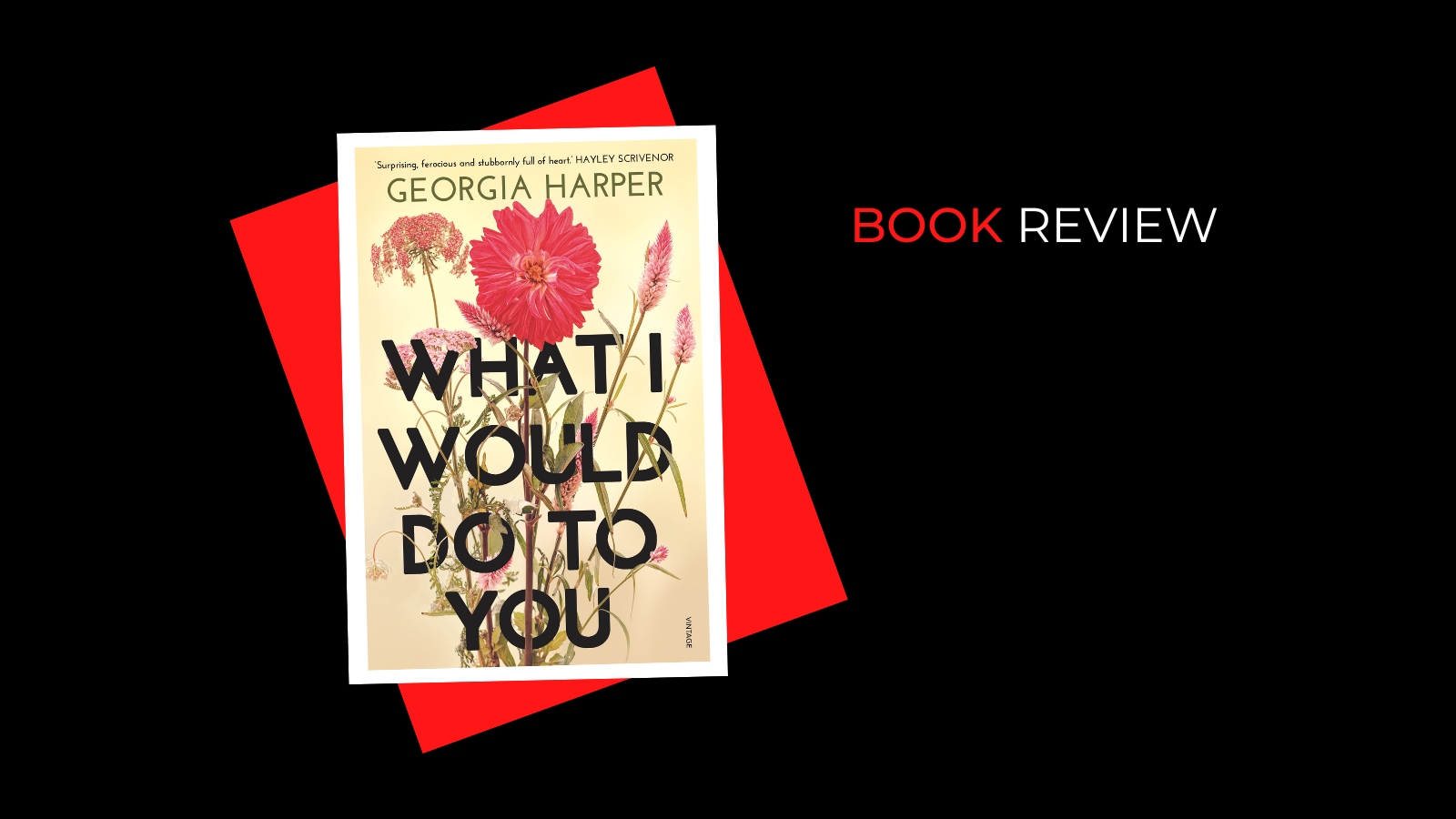by Georgia Harper
Publisher: Penguin Random House Australia 2024
Publisher’s blurb
A near-future Australia.
The death penalty is back. But if the victim’s family wants the perpetrator to die, they have to do it themselves. Twenty-four hours alone in a room with the condemned. No cameras. No microphones. Just whatever punishment they decide befits the crime.
Ten-year-old Lucy was murdered.
Through counselling sessions with their court-appointed psychologist, we learn the stories of her family members: Lucy’s two mothers – Stella and Matisse – her much older brother and her bookish teenage sister, who is too young to participate in the execution, but who has plans of her own . . .
Secrets and grief threaten to break the family.
As the execution date nears, already-struggling Stella remains adamant that she must carry out the punishment. But it becomes clear that if she steps into that room, the family may lose her too.
Review
by Lidia Kathrine
Whilst What I Would Do To You is set in a futuristic Australia, one which now allows for the families of murder victims the opportunity to undertake the death penalty themselves, the question it poses is one that many people often ask themselves when it comes to whether or not they would extract revenge on those that murder their loved ones.
What I Would Do to You is narrated primarily from the perspective of Octavia, a psychologist assigned to work with Lucy’s family, her mothers’ Stella and Matisse, sister Hannah and brother Sebastain, to ensure that Stella and her family are equipped to deal with enacting the death penalty over a period of 24 hours, and the impact that this will have on them individually and collectively as a family. However, interspersed throughout the narrative, are chapters which are told by Hannah, who divulges to the reader her own guilt and shame at what she perceives to be her involvement in the murder of Lucy, and her struggles to come to grips with what has happened.
As Octavia works with the family and begins to peel back the layers of the trauma of Lucy’s death, the reader realises that there are many secrets that run deep within the family, secrets which are all about to collide as the date for the death penalty approaches. Underpinning all that is taking place, Harper forces the reader to question what they would do if they were faced with exacting the death penalty against someone who has harmed their family. The two sides of this debate are presented through Matisse, who believes that Stella killing Lucy’s murderer will only serve to finally destroy not only Stella, but also the entire family. And Stella, who despite knowing that it will destroy her, feels that it is her duty and responsibility to carry out the sentence, and that she needs to do this for Lucy. Stella confronts Octavia with the reality of this when Stella presents Octavia with a “hefty oilskin sack” laden down with “vintage metal tool”, and states to Octavia that this “’is what I will do to him.’” It is at this point, that the reality of what is about to happen is laid out in black and white, and as a reader we are forced to question whether we could inflict this kind of physical damage upon another human being in an act of revenge and redemption.
In the end, it is someone I didn’t expect who tries to salvage the family, both in terms of the fire that threatens to ruin their property, but also in their dealing with the pressing issue: whether the family will enact the death penalty. Whilst that character stepping up initially surprised me, upon reflection I could see how Harper was setting her up to be the character that ultimately had the strength and determination required to help the family out of their living nightmare. Lastly, another element that I really enjoyed was Harper’s exploration of what is means to be the ‘man of the house’, and the expectations that Sebastian felt were placed on him as a man, versus what he truly felt was the moral thing to do. It was a great side issue to explore and poses the question of gender roles in society and whether women can have the strength (physically, mentally, and emotionally) to enact the violence required in this situation.
A very thought provoking and confronting read, and to be honest, I am still not sure what I would do if faced with the situation confronting Stella and her family.
